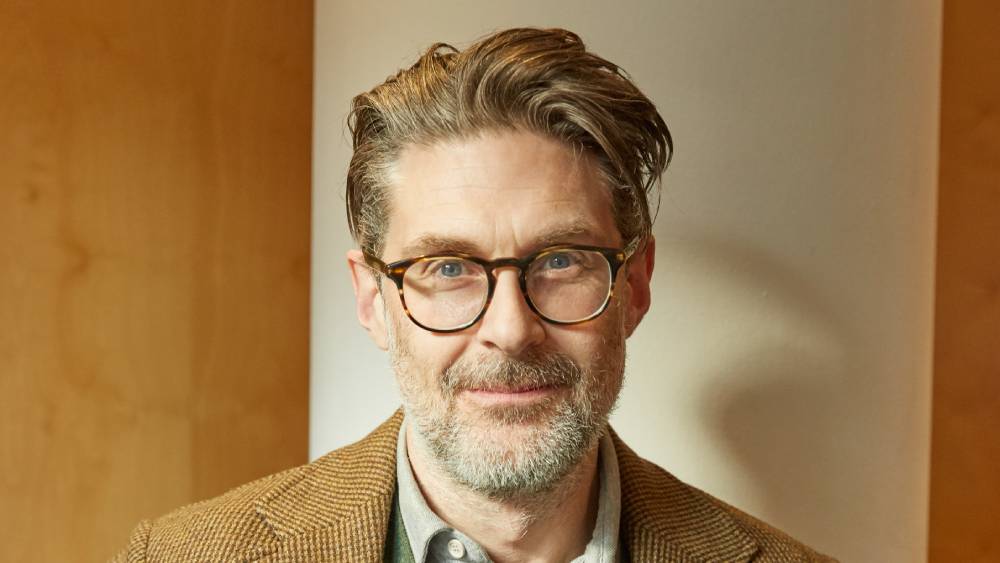Getting your music synced in any form of media — from TV and films to video games — is a hugely attractive prospect, unlocking a new source of revenue for your music and introducing your work to a whole new set of potential fans.
As detailed in our recent 'Get up to speed with sync' piece, any music creator who is looking to get a sync needs to get themselves on the radar of a music supervisor. But how can you grab their attention when everyone, from industry giants to undiscovered talent, is knocking on their door?
To help enhance your chances of getting noticed in the sync world, M spoke to UK & European Guild of Music Supervisors President Matt Biffa — whose impressive CV includes Sex Education, I May Destroy You and two Harry Potter films — to get his top tips on what music supervisors are looking for.
Write emotive music that truly stands out
Matt: ‘Your work has to be punchy so you can separate yourself from other artists in your genre. For example, Madison Cunningham leapt out at me on Instagram as the algorithm was giving me loads of Phoebe Bridgers-esque singer-songwriter stuff, and her guitar playing was so different from everybody else’s. Lizzy McAlpine was another one that stood out for me: she had a certain way with chord structure that was very emotional.
‘I can’t take credit for Ezra Furman being selected for the Sex Education soundtrack as they’d already found her before I came on board, but I totally understand why they chose her. She has this amazing way of writing lyrics that feels so intimate: you know exactly where the song takes place and what she’s feeling at the time.
‘It’s about being a good storyteller, and also having a certain way with chord structures that really works to picture. There’s a reason why there’s not a lot of major key music in TV shows, like major key reggae or dance tracks. It needs to be evocative if it has a chance of working as a non-diegetic sound.’
Keep it professional when approaching a music supervisor
‘Building a relationship with a music supervisor is this delicate balance of being in contact enough to remind us that you exist, but not pushing us so far that you alienate us. The best people are the ones that are simply like: “Hey, I’ve just released this one, have a listen." There have been numerous times where artists have cold-emailed me and it has worked, but that is based entirely on luck and timing. Nine times out of 10, it’s because I receive a DM on social media or an email within minutes of something having happened that I have to react to, like a song having been denied and I need to find a replacement. Something I can’t do as much as I would like is feed back to people what I love about their track. Sometimes I just don’t have the time even for that.
‘What I really don’t like is being tweeted at, and then having 70 fans tagging me saying: “Hey, their music would be amazing in such and such." The same goes for passive aggressive emails that demand a reply.’
Even if you're unsigned, you can still get a sync
‘Being on a label or having management can be helpful, but it isn’t essential. A lot of the time I discover artists from trusted gatekeepers: in other words, record companies, publishers, managers or agents. If either Simon Raymonde at Bella Union or Jamie Oborne at Dirty Hit were to say, “I’ve got this amazing new artist, I think it’s some of the best stuff I’ve ever heard," then I’ll immediately listen to it.
‘But, really, the song just has to be right for what I’m looking for. It honestly doesn’t bother me if the biggest thing that has happened in your career so far is that you had a song performed in your school talent show when you were 13. As long as the song works for the scene, that’s really the only criteria that I go for. I’m also open to artists improving and growing, so even if I didn’t like a track someone sent me a few years ago, I’ll still be open to listening to their work at a later date.’
Getting synced can take your music to the next level
‘If you’re Pearl Jam, for example, being on Sex Education is beneficial because that isn’t your regular audience. It’s a lot younger: there might be all these people aged 12-13 upwards that you might not have reached otherwise. Once the show comes out, you might have 5,000 people in each of the 190 countries that the Netflix show is released in going: “What’s that amazing guitar band that I’m all of a sudden hearing?” and then they all look you up.
'With a very distinctive, catchy new song that works perfectly for a scene, that can happen for a brand new artist just as much as it can for an established artist.’


